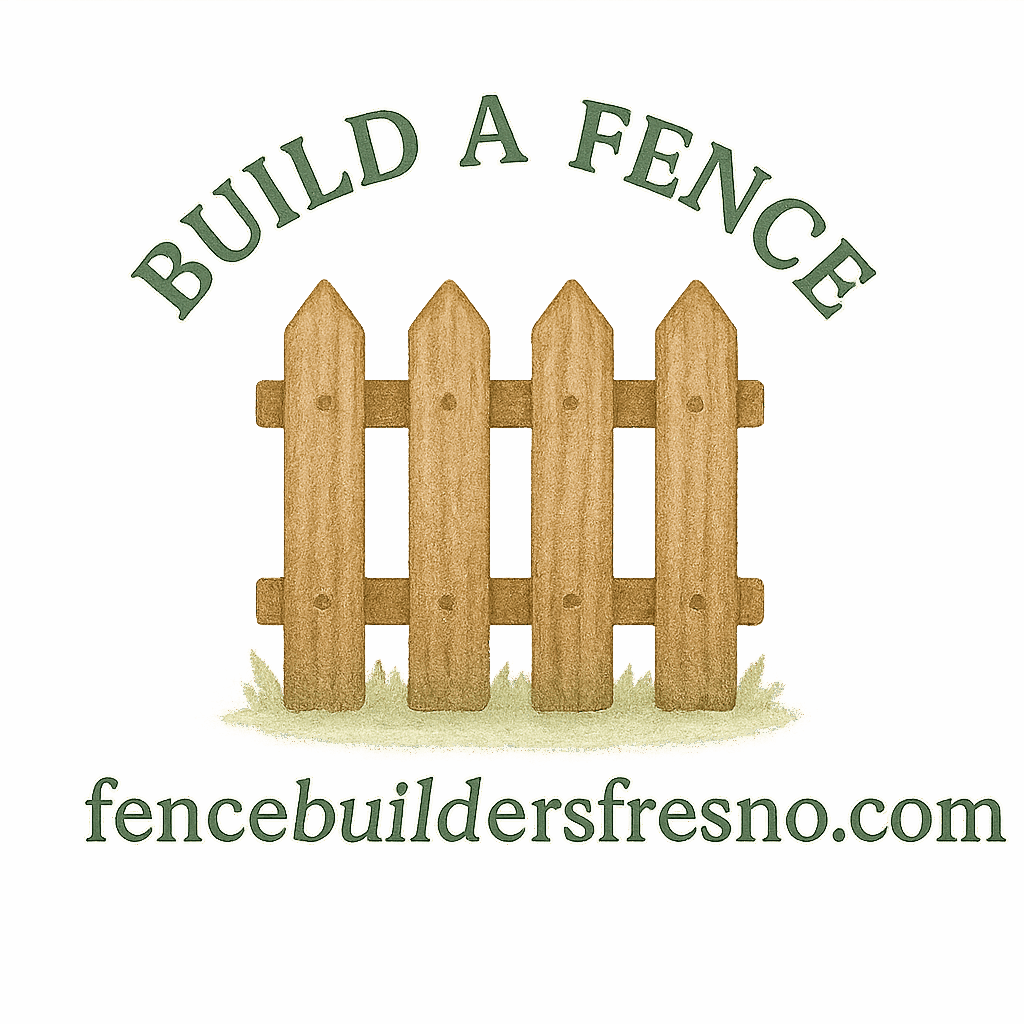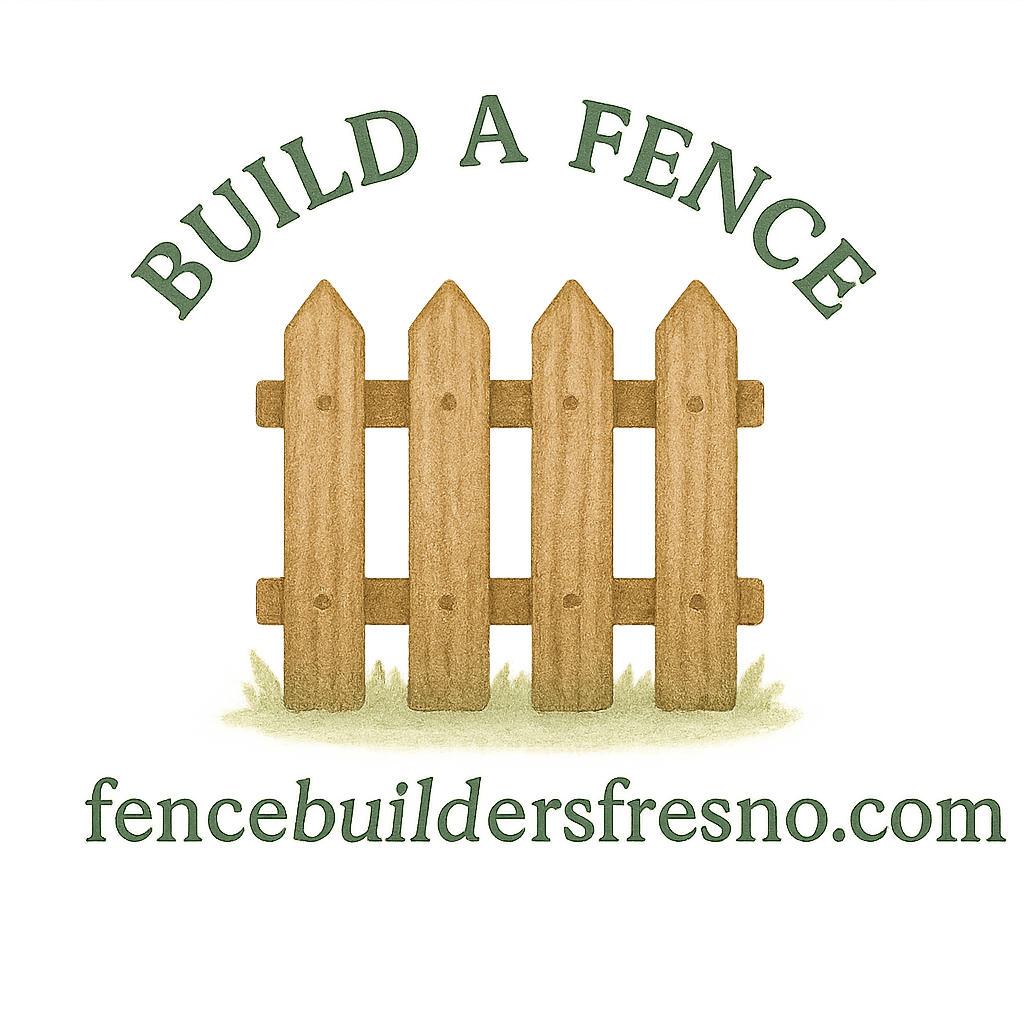Have you looked out your window and noticed a fence going up—on your side of the property line? You’re not alone. Fence disputes between neighbors are more common than you might think, and they can escalate fast if not handled properly. If you’re dealing with this situation, take a deep breath. Here’s a step-by-step guide to handling it the right way.
Understanding Fence Encroachment
What Is Fence Encroachment?
Fence encroachment happens when your neighbor builds their fence over the property line and into your land. It could be a few inches or a few feet, but either way, it’s an issue of property rights that can lead to legal disputes.
Why Property Lines Matter
Your property line defines the legal boundary of your land. If someone builds on your property, they’re infringing on your rights—even unintentionally. That’s why knowing where your boundaries lie is the first defense in any fence-related situation.
Step 1: Stay Calm and Gather Information
Before you go knocking on doors or calling the police, start with a rational approach.
Inspect the Fence Placement
Walk along the fence line and note where the fence might have crossed into your space. Use landmarks or your property’s existing features to judge the placement.
Review Your Property Survey
Dig up your latest property survey. It’s the only way to confirm whether your neighbor’s fence is actually encroaching. If you don’t have one, this might be the time to get a new survey done.
Talk to Your Neighbor Politely
Sometimes, your neighbor might not even realize they’ve overstepped. A calm, respectful conversation can clear up the issue without involving lawyers or local authorities.
Step 2: Verify Your Property Lines
Hire a Licensed Surveyor
If you’re unsure, it’s wise to bring in a professional. A licensed surveyor will measure and map out the boundaries precisely—there’s no room for doubt here.
Check with Local Records Office
You can also look into city or county property records. These often include plot maps that show official dimensions and property lines.
Want to dive deeper into property lines? We’ve got you covered.
Step 3: Review Local Fencing Laws
Understanding Legal Fencing Boundaries
Local fencing laws often dictate how close a fence can be built to a property line, what kind of materials can be used, and who’s responsible for maintenance.
Learn more about legal property considerations to stay informed.
Zoning and Fence Height Restrictions
Check your zoning code. For example, front yard fences might be limited to 3 feet, while backyard fences could go up to 6 or 8 feet depending on where you live.

Step 4: Address the Situation Legally if Needed
If friendly conversations don’t get the fence moved, you might need to escalate things—carefully.
Draft a Friendly Notice
Before lawyering up, send your neighbor a written notice politely explaining the issue and asking them to move the fence. Include your survey for reference.
Seek Mediation Before Court
Many communities offer mediation services where a neutral party helps both sides come to an agreement without going to court.
This is a great route if you’re trying to avoid turning a neighborhood disagreement into a legal battle.
When to Get a Real Estate Attorney Involved
If things escalate or your neighbor refuses to cooperate, it might be time to call a legal dispute specialist. A real estate attorney can help protect your property rights and represent you in court if necessary.
Step 5: Prevent Future Fence Disputes
Install Visible Markers for Boundaries
You can install small, permanent markers at the corners of your property. It’s a smart move and saves trouble down the line.
Consider a Boundary Agreement
A boundary agreement is a legal document signed by both neighbors that clearly states where the property line is and who owns what.
Use Legal Fence Contractors for Clear Documentation
Next time you or your neighbor builds a fence, make sure it’s done professionally. Fence Builders Fresno offers expert fence installation and clear legal documentation.
Common Mistakes to Avoid
Acting Without Documentation
Never accuse or demand anything without having a survey or legal documents backing you up. Acting on emotion can backfire.
Escalating Without Communication
Jumping straight to a lawyer or tearing down the fence could make things worse. Always try a calm conversation first.
Importance of Fence Planning and Design
Aesthetics and Legal Compliance Go Hand in Hand
Good fences don’t just make good neighbors—they prevent legal headaches too. A well-planned, well-documented fence can add charm and value to your home.
Looking to build your own fence? Check out our Fence Building Basics and Fence Design & Planning resources.
Learn More About Fence Design & Planning
Explore styles like decorative fences, low-maintenance vinyl, and traditional wood fencing with proper wood fence care.
Conclusion
Discovering that your neighbor has built a fence on your property can feel like a punch to the gut. But don’t panic—knowledge is power. By understanding your property lines, communicating clearly, and knowing your legal options, you can handle the situation with confidence. And remember: a friendly approach goes a long way.
Need help with your fencing project or legal concerns? Visit Fence Builders Fresno for expert advice and trusted service.
FAQs
1. Can I remove a fence my neighbor built on my property?
Not without proper documentation. You’ll need a survey and legal advice before taking action.
2. How can I prove a fence is on my property?
Hire a licensed surveyor and compare their results with your property deed and public records.
3. What if my neighbor refuses to move the fence?
Try mediation. If that doesn’t work, consult a real estate attorney and prepare for a possible legal case.
4. Is it illegal for a neighbor to build on my land?
Yes, it can be considered trespassing or encroachment, which are legal violations.
5. Can I sue my neighbor over a fence dispute?
Yes, but it should be a last resort. Exhaust all friendly and mediation options first.
6. What are boundary fences and why do they matter?
Boundary fences define shared limits between two properties and can prevent encroachment disputes when properly documented.
7. How do I find a reputable fence contractor?
Start with Fence Builders Fresno, who specialize in everything from DIY fences to durable fencing and maintenance.


